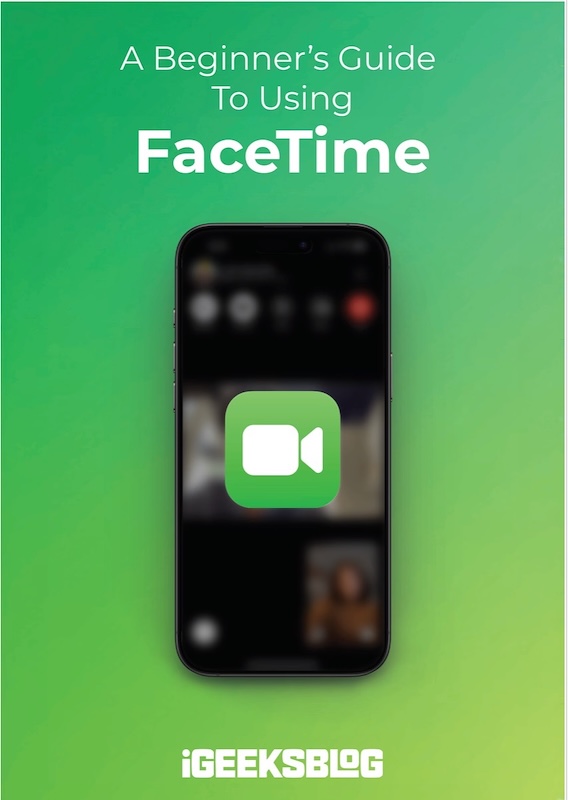
FaceTime Like a Pro
Get our exclusive Ultimate FaceTime Guide 📚 — absolutely FREE when you sign up for our newsletter below.

FaceTime Like a Pro
Get our exclusive Ultimate FaceTime Guide 📚 — absolutely FREE when you sign up for our newsletter below.
Apple is challenging a U.S. ban on its latest Watch models over blood oxygen patents—setting the stage for a major tech patent showdown.
On July 7, Apple appeared before the U.S. Court of Appeals for the Federal Circuit to challenge a ban on Apple Watch imports. The ban, issued by the International Trade Commission (ITC), blocks Apple from importing the Apple Watch Series 9 and Apple Watch Ultra 2 due to alleged patent infringement tied to blood oxygen sensor technology.
The complaint was originally filed by Masimo, a California-based medical technology company, which claims Apple unlawfully used its pulse oximetry patents without permission.
Apple’s legal team argues that Masimo’s complaint lacks merit because Masimo had no competing product when it filed the claim. According to Apple, Masimo didn’t launch its W1 smartwatch, which includes blood oxygen monitoring, until 2022—two years after Apple debuted the feature in Apple Watch Series 6.
Apple contends that the ITC’s decision not only punishes millions of users but also sets a dangerous legal precedent by allowing theoretical future products to justify restrictive trade actions.
“This ruling unfairly penalizes innovation and undermines consumer choice,” Apple’s lawyers argued during the hearing, per Reuters.
Masimo isn’t backing down. Its legal counsel fired back, stating that the ITC does not require a product to exist at the time of filing. The core issue, according to Masimo, is that Apple used its patented technology without licensing it, regardless of when the company launched a rival device.
Masimo maintains that intellectual property law is clear: unauthorized use of patented technology qualifies as infringement, with or without a directly competing product on the market.
The case is still under review. The U.S. Court of Appeals for the Federal Circuit is expected to deliver a final decision later in 2025. This ruling could significantly impact how future tech patent disputes are handled, especially those involving health features in consumer devices.
Don’t miss these related reads: